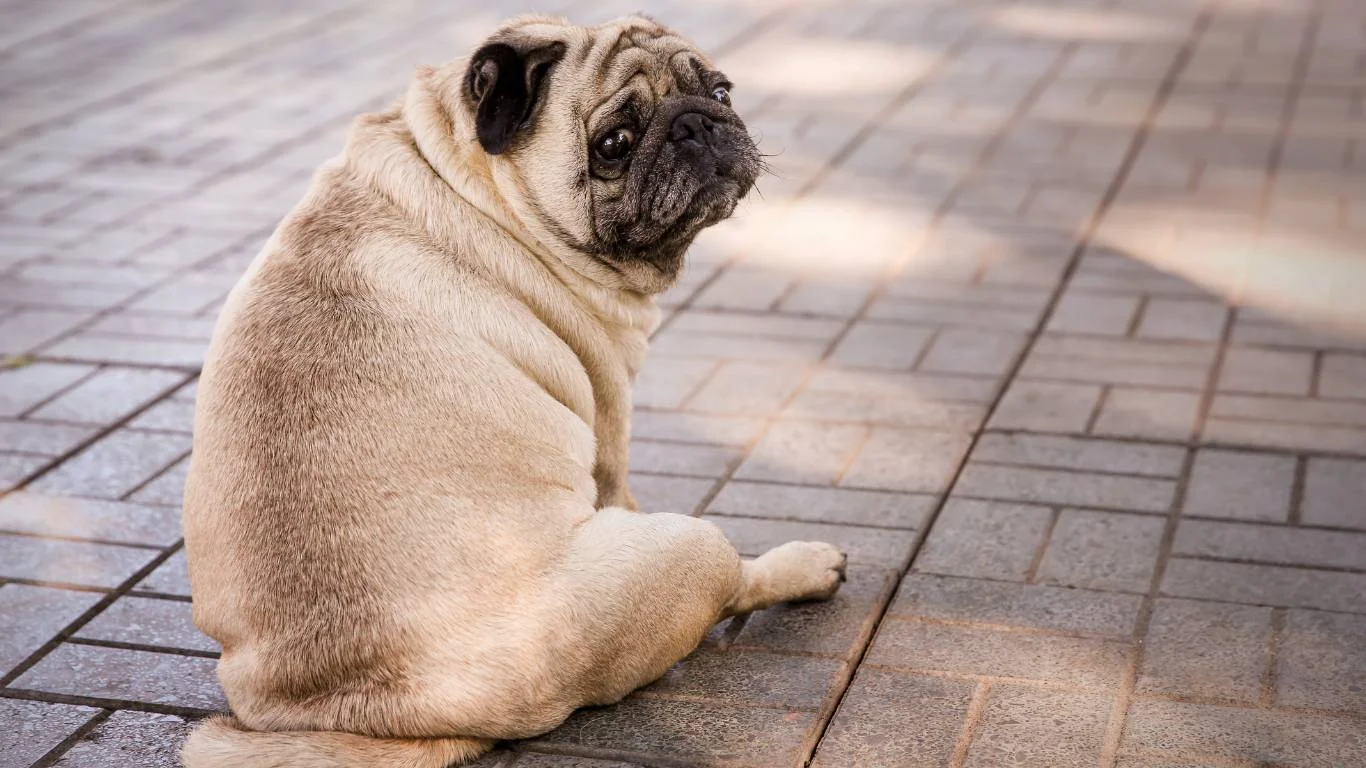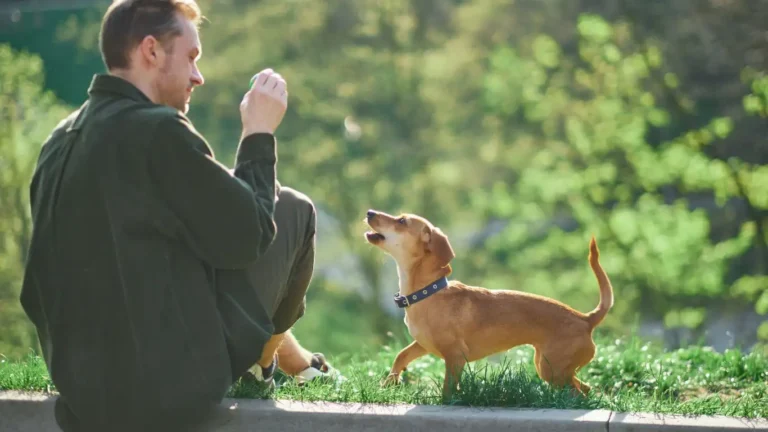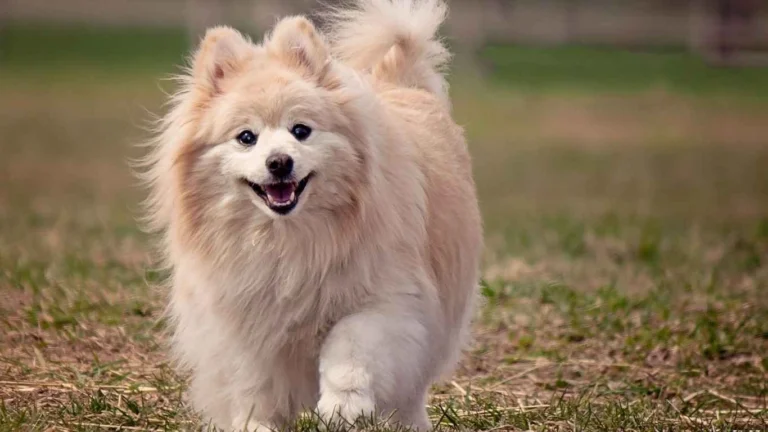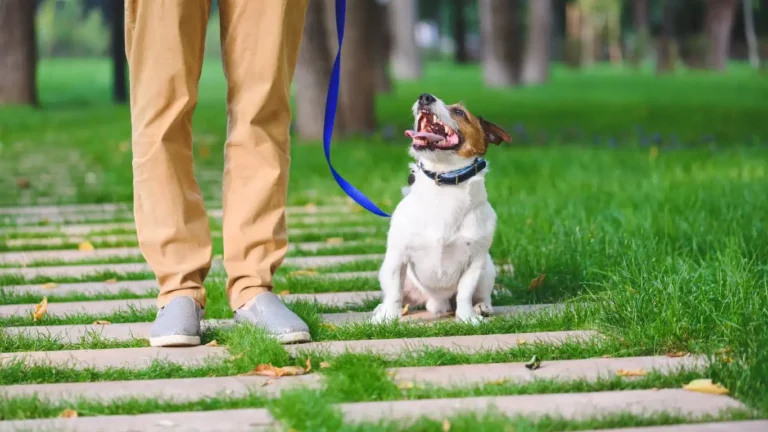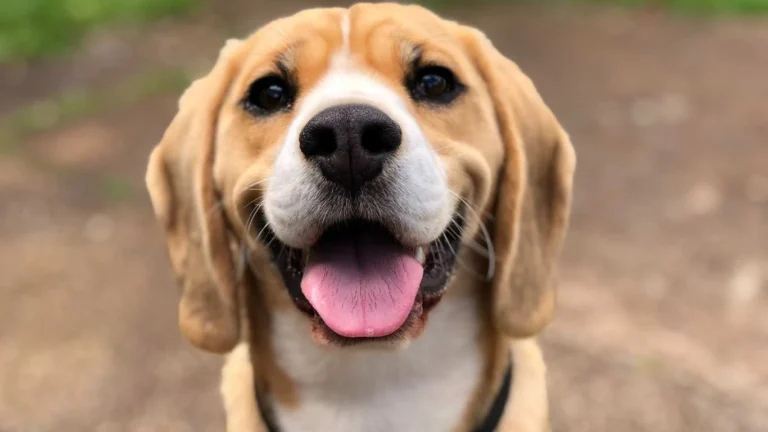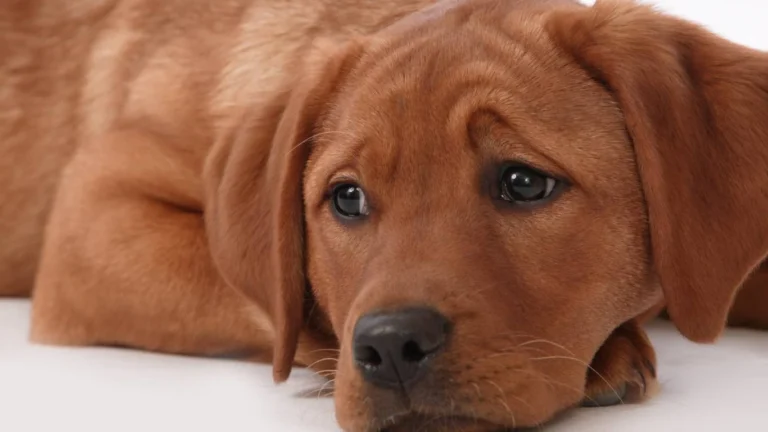Why Is My Dog Licking the Air Constantly? Shocking Causes Revealed
If you’ve ever caught your pup standing in the middle of the living room, head tilted back, tongue flicking at thin air like they’re trying to catch invisible peanut butter, you’re not alone. One of the questions I get asked a lot working as a veterinary assistant with a focus on nutrition is: “Why is my dog licking the air constantly?” It’s such a weird little behavior, and while it might look silly at first glance, it can actually be your dog trying to tell you something important. So let’s unpack what’s going on when your fur baby starts acting like they’re part of an invisible ice cream licking contest.
Common Reasons Dogs Lick the Air
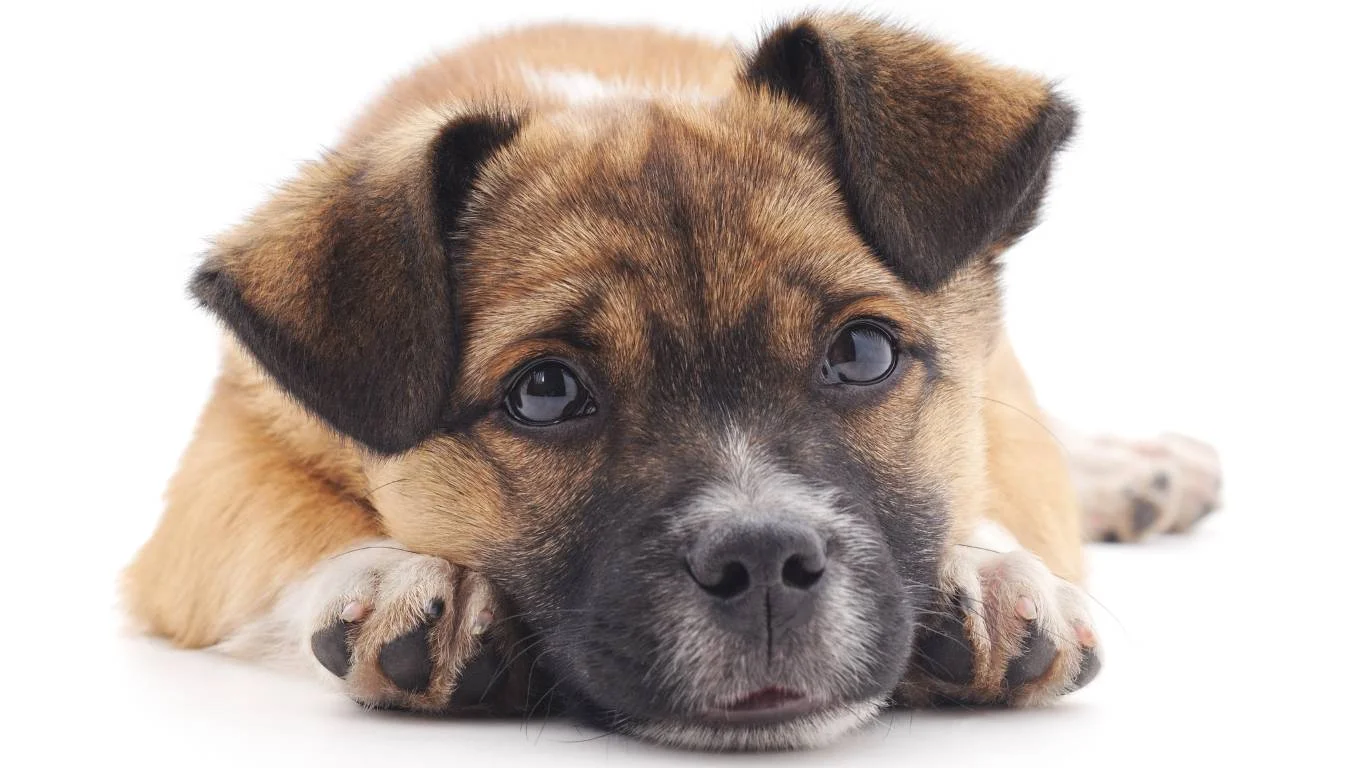
1. Something Tasty Is Stuck
Alright, let’s start with the least concerning reason—something might just be caught in your dog’s teeth or mouth. Dogs will often lick the air if there’s a hair, bit of food, or even something stuck on the roof of their mouth. I’ve seen it firsthand—owners rush in thinking their pup is having a seizure, and it turns out to be a stubborn piece of peanut shell between the molars.
- Check their mouth (safely!) for any debris.
- Make sure nothing’s irritating their gums or tongue.
- Keep dental hygiene on point—it makes a huge difference.
2. Nausea or Upset Stomach
Another biggie I see in clinic? Tummy troubles. Dogs can’t exactly say “Hey, my belly hurts,” so they show it in other ways. One common sign is—you guessed it—licking the air. When dogs feel nauseated, they sometimes drool more and try to “lick it away.” It’s their way of managing discomfort.
I had a sweet little Yorkie patient, Bella, who came in with constant air licking. After ruling out dental stuff, it turned out she had chronic acid reflux. Once her diet was adjusted and we added a gentle antacid, the licking stopped almost overnight.
Could It Be a Behavioral Issue?
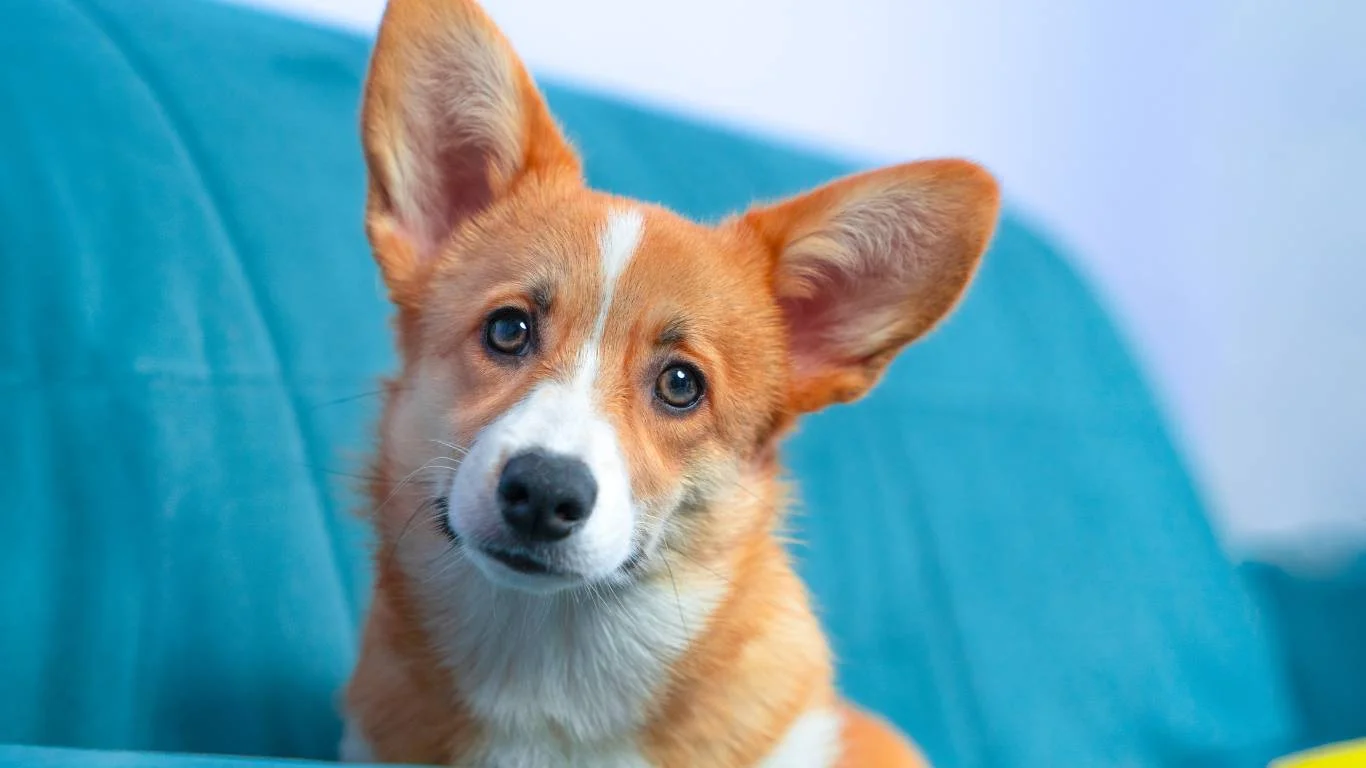
3. Anxiety and Compulsive Behaviors
If your dog is licking the air constantly, and it’s not dental or digestive, we might be looking at something psychological. Just like people bite their nails or pace when stressed, dogs have their quirks. Air licking can be a form of canine compulsive disorder—especially in pups that are highly anxious or bored.
I’ve worked with several pups in this category, especially rescues that had rough starts. One Border Collie, Max, started air licking every time his owner left the room. With a combo of mental stimulation, exercise, and some calming supplements (plus a bit of training magic), we saw major improvement.
- Make sure your dog is getting enough exercise—mental and physical.
- Try puzzle toys or slow feeders during downtime.
- Talk to your vet about behavioral support if it’s becoming excessive.
4. Sensory Triggers
Dogs live in a world of smells we can’t even begin to imagine. Sometimes they’ll lick the air after catching a whiff of something interesting—whether it’s the neighbor’s barbecue, a new candle, or even pheromones from another dog. It’s like they’re trying to “taste the scent.” Pretty cool, right?
From my experience, intact males are particularly known for this. One client’s Lab used to start licking the air like crazy every time a certain neighbor walked by with her female dog. Mystery solved—she was in heat. Nature’s weird.
When Should You Worry?
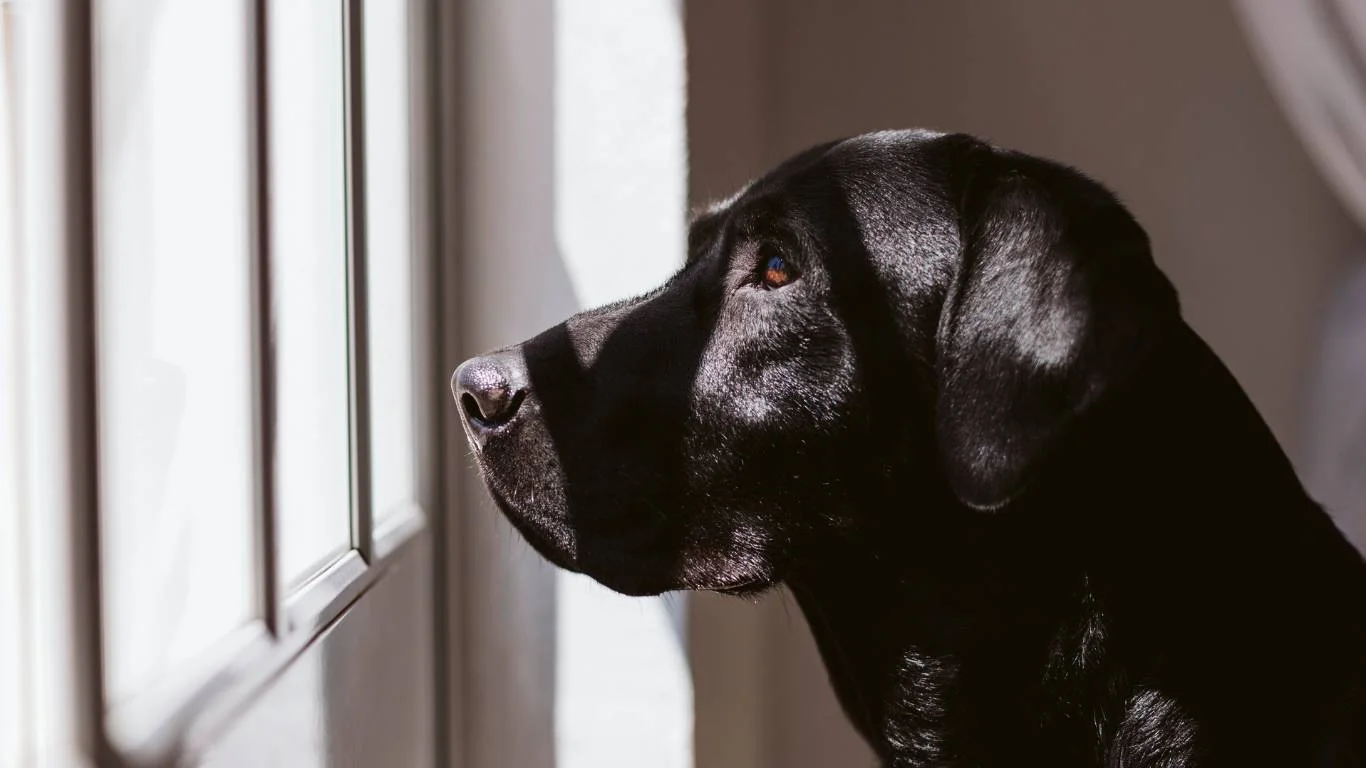
5. Neurological or Seizure Activity
Now this is where we get a little more serious. In rare cases, air licking can be linked to partial seizures or neurological disorders. I’ve seen this in a handful of patients, and it’s often tricky to catch unless you’re watching closely. The licking might be accompanied by zoning out, twitching, or unresponsiveness. If your dog seems “off” while licking the air, don’t wait—book a vet visit.
The earlier you get it checked, the better. Your vet might recommend a neurological work-up, and while it sounds scary, it’s better to rule out anything serious early on.
Medical Conditions Linked to Air Licking
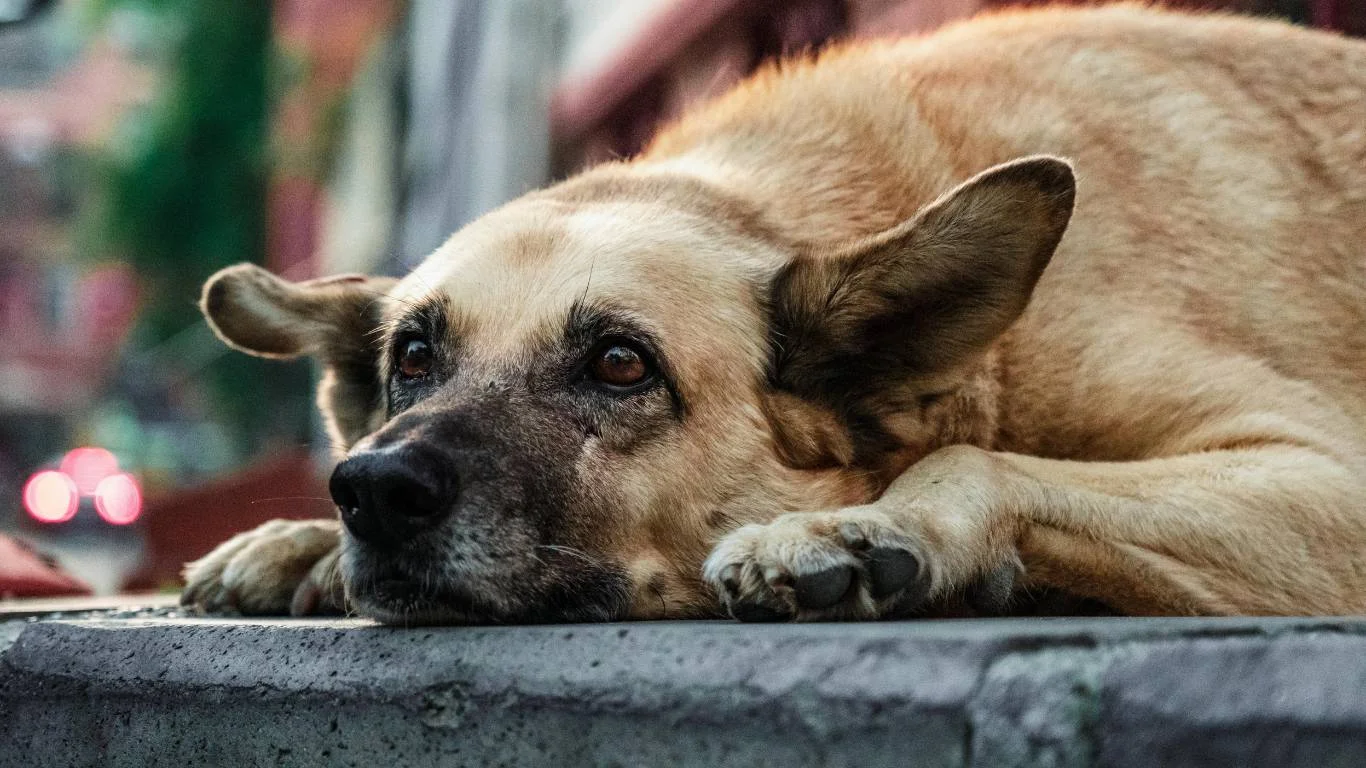
6. Gastrointestinal Issues (More Than Just Nausea)
While nausea gets most of the spotlight, there’s a bigger umbrella of GI issues that can lead to air licking. I’ve seen dogs lick at the air due to gastric reflux, pancreatitis, or even inflammatory bowel disease (IBD). It’s wild how dogs will often exhibit subtle behaviors long before other symptoms appear. Air licking is one of those sneaky early signs.
One case I remember vividly was a senior Beagle named Duke. His family thought he was just being quirky with all the air licking. But once we ran some diagnostics, we found mild pancreatitis. With the right diet and a little support, he was back to normal in a week. Trust your gut—no pun intended—when your pup’s behavior shifts suddenly.
- If your dog is licking and also has a decreased appetite or vomiting, call your vet.
- Keep an eye on stools—yes, it’s gross, but it tells you so much.
- A bland diet (like boiled chicken and rice) can help while waiting on a vet visit.
7. Dental Pain or Oral Growths
We touched on things being stuck in the mouth earlier, but let’s go deeper. Sometimes the problem isn’t food—it’s pain. Oral pain from abscesses, cracked teeth, or even mouth tumors can make your dog lick the air as a way to cope.
I’ve had patients who had perfectly white teeth on the outside, but once we sedated them for a dental cleaning, we’d find fractured molars hiding way in the back. One poor pup had a mass near the roof of the mouth causing discomfort—something no one spotted until a thorough exam. Dogs are tough and won’t show pain easily. This is why routine dental checks are everything.
Environmental Triggers & External Causes
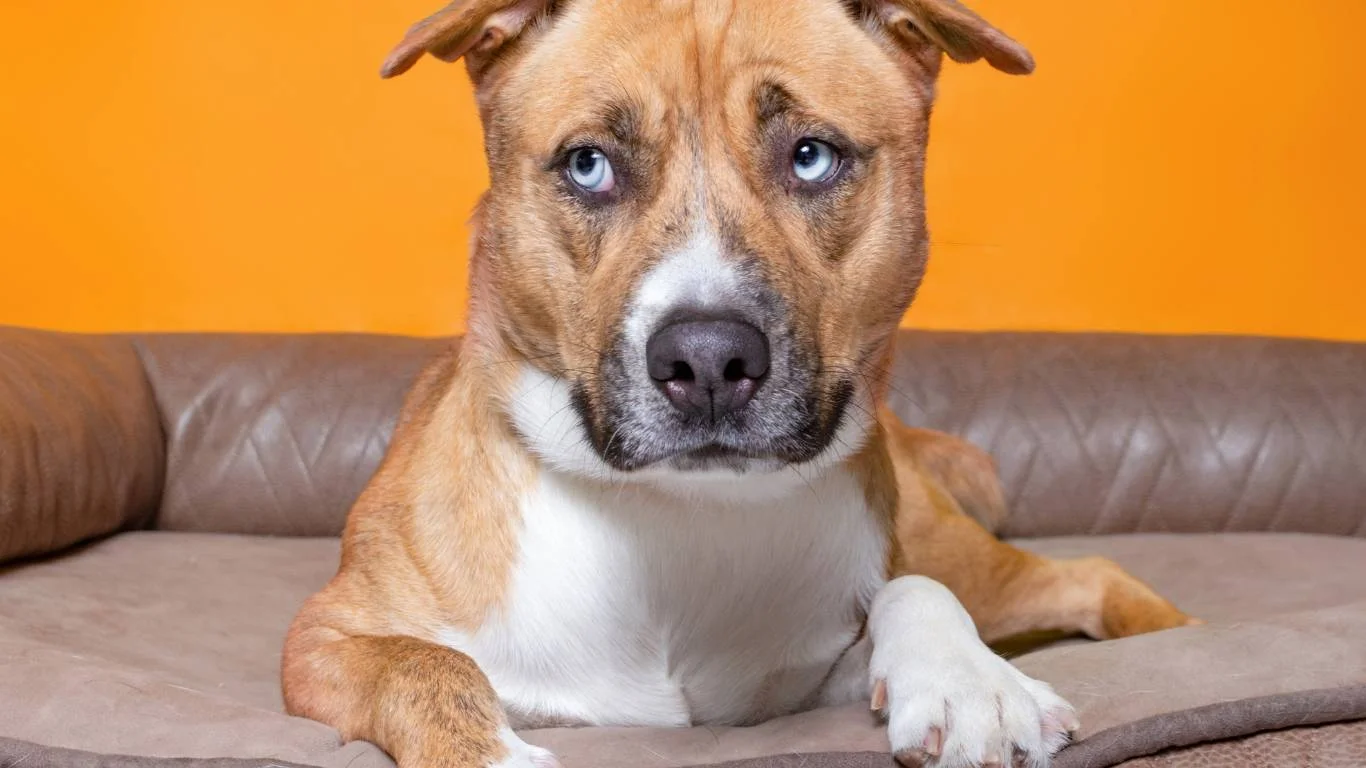
8. Allergies or Environmental Irritants
Allergies are sneaky culprits behind a ton of canine behaviors—including that odd air licking. Think about it: your dog can’t scratch the roof of their mouth or inside their nose. Licking becomes their go-to coping mechanism. Whether it’s seasonal pollen, dust mites, or even certain food ingredients, allergies can trigger itching that leads to compulsive licking.
I’ve helped a few itchy Goldens who licked the air like it was a full-time job. In many of those cases, it wasn’t behavioral—it was a reaction to kibble that didn’t agree with them. Swapping to a limited ingredient diet or adding an omega-3 supplement worked wonders.
Also, don’t underestimate the power of household cleaners and scented products. Dogs are sensitive. That floral carpet spray you love? Might be your dog’s least favorite thing.
9. Insect Bites or Foreign Body Sensations
Imagine feeling like there’s a spider on your face but you can’t swipe it off. That’s the vibe some dogs experience when they get a small bug bite or even a tiny foreign object caught in their fur or near their nose. I’ve seen dogs start air licking after a bee sting or even just a dry blade of grass brushing their muzzle repeatedly.
Give your pup a good check-over if the licking starts suddenly and hasn’t been a regular thing. Look between the toes, around the muzzle, and inside the ears. I once had a client’s Labrador who started frantically licking the air after a hike—turned out to be a tiny burr stuck between his upper lip and gum. Ouch!
Is It Attention-Seeking or Habit?

10. Learned Behavior
This one might surprise you, but sometimes dogs lick the air because… it gets a reaction. That’s it. Whether it’s your concern, laughter, or rushing over to see what’s wrong, they notice the response. Dogs are brilliant when it comes to figuring out what gets your attention. If licking the air gets you to drop what you’re doing and shower them with pets or treats? You better believe they’ll do it again.
One of my long-time clients had a cheeky Cocker Spaniel named Daisy. Daisy realized that air licking got mom’s full attention during Zoom calls. Smart girl. We solved it with a combo of redirecting her to a toy and rewarding quiet, calm behavior instead.
- Try not to reward the behavior with excessive attention.
- Offer distraction tools like chews or toys instead.
- Reinforce calm moments—those deserve praise too!
11. Habitual Behavior Post-Medical Issue
Even after the original cause is gone—say the upset tummy is healed or the dental pain is treated—some dogs continue the licking out of habit. It becomes a self-soothing routine. In these cases, breaking the cycle is key.
Enrichment, mental stimulation, and gentle redirection go a long way. I’ve worked with several dogs like this post-recovery, and usually within a few weeks, the behavior fades once they’re engaged with other positive outlets. It just takes patience—and sometimes a bit of creativity.
When to Talk to Your Vet About Air Licking
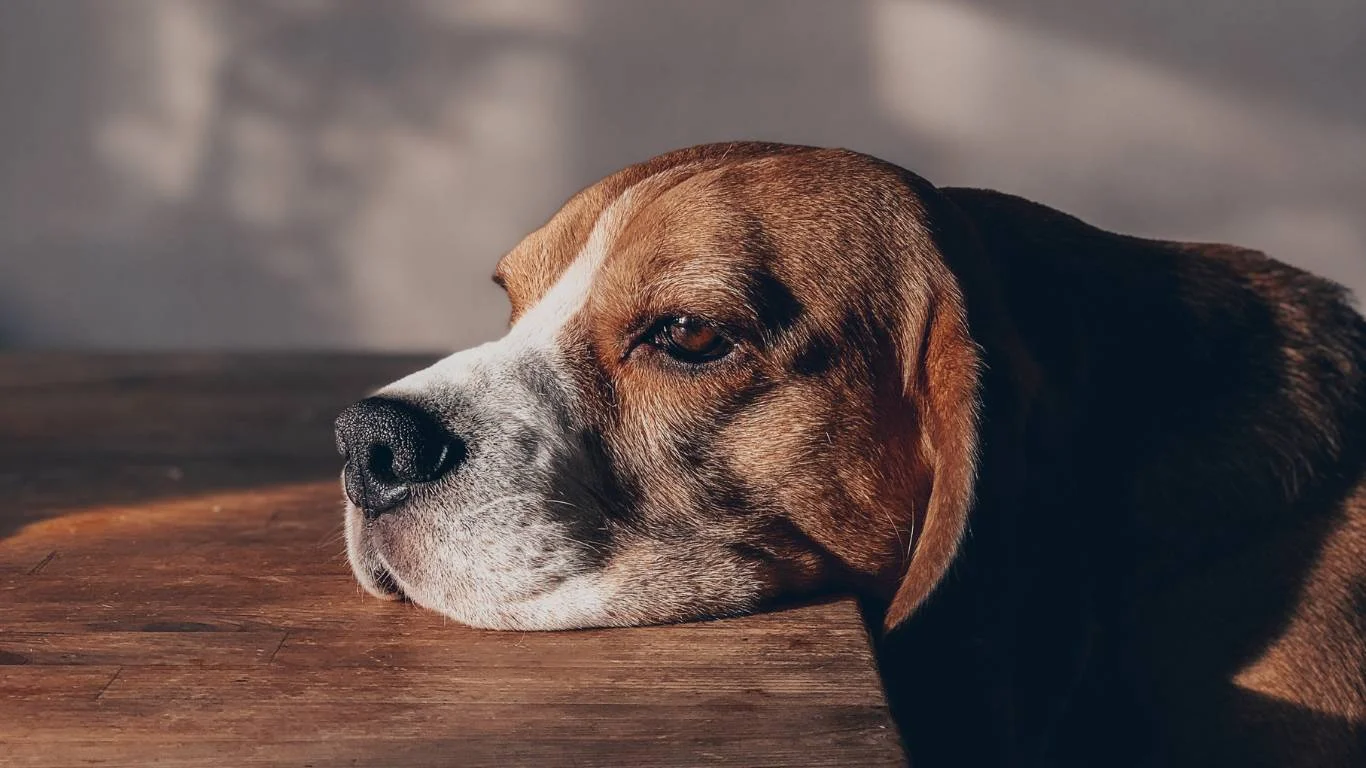
Red Flags You Shouldn’t Ignore
So by now, you’ve got a pretty solid idea of all the reasons your pup might be licking the air like it’s part of their new hobby. But how do you know when it’s time to stop Googling “why is my dog licking the air constantly?” and actually call the vet? That’s where things can get tricky, especially if the behavior is on-and-off or doesn’t look too serious at first glance.
Here are a few signs that should prompt a trip to the clinic:
- Sudden onset of air licking, especially in a senior dog
- Air licking combined with drooling, retching, vomiting, or diarrhea
- Changes in appetite, behavior, or energy levels
- Air licking that happens in “episodes,” like zoning out or twitching
- Persistent licking that doesn’t go away with redirection or enrichment
Honestly, as someone who’s worked the back rooms of vet clinics for years, I always tell pet parents: you know your dog better than anyone else. If something feels off, you’re probably right. Trust your instincts. We’d rather check and find nothing serious than miss something early.
What to Expect at the Vet
If you do decide to book a visit (and I’m glad you’re considering it!), here’s a quick breakdown of what your vet might do:
- Start with a thorough physical and oral exam to check teeth, gums, and throat
- Ask about diet, behavior changes, and environmental factors
- Run bloodwork or imaging if a neurological or GI issue is suspected
- Suggest a food trial if allergies or sensitivities might be a trigger
In some cases, you may be referred to a behaviorist or neurologist, especially if it seems like a compulsive or seizure-related issue. It really depends on what the exam reveals. I’ve seen so many dogs recover beautifully once the underlying cause is found—and you might even be surprised by how small changes can lead to big results.
Simple At-Home Strategies That Actually Help
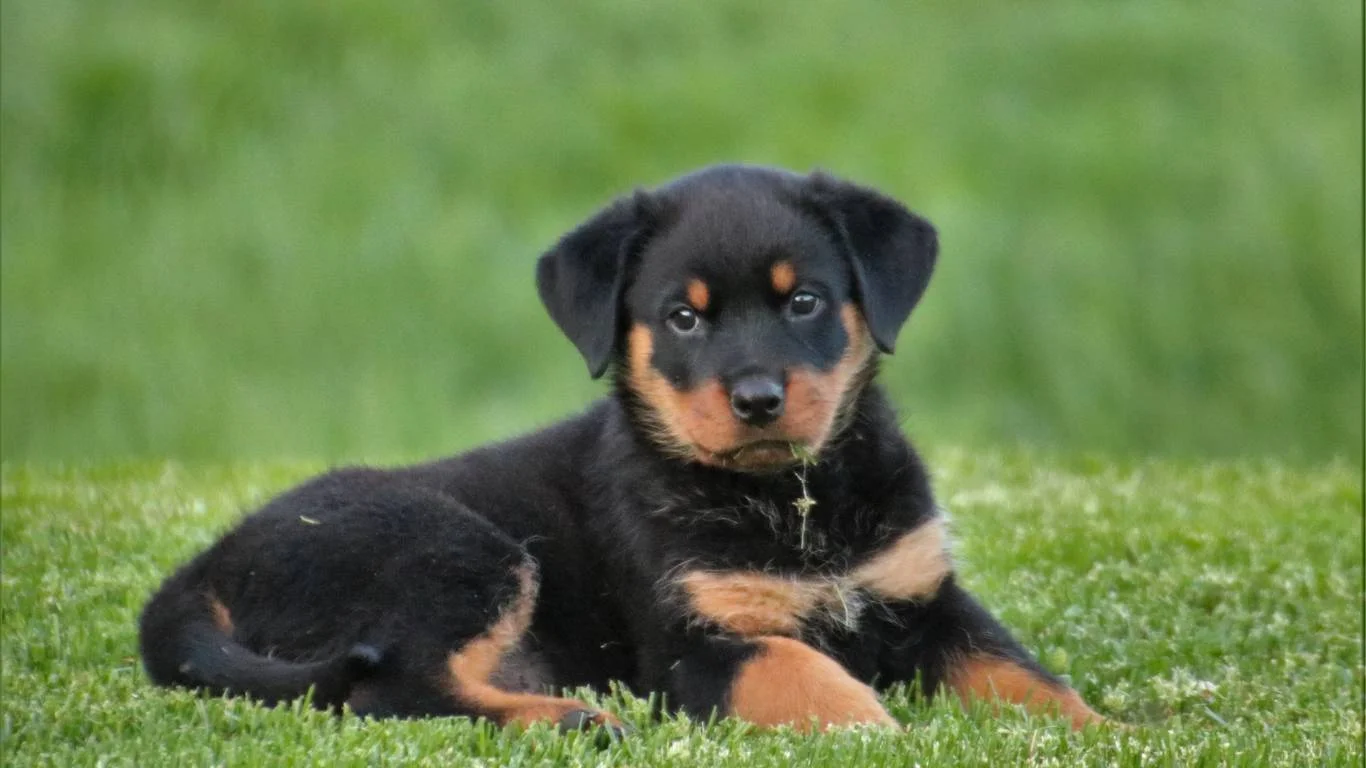
Keeping Your Dog Calm, Busy, and Comfortable
Whether your dog’s air licking is medical or behavioral, there’s plenty you can do from home to help them feel better. Here are a few tools and strategies I’ve seen work wonders with my clients (and with my own dogs too):
- Chew toys and lick mats: Great for redirecting oral fixation in a soothing way.
- Puzzle feeders: Keep that brain busy and reduce boredom-based licking.
- Calming supplements: Products with L-theanine, tryptophan, or CBD (vet-approved) can help with anxiety-driven behaviors.
- Routine and structure: Dogs thrive with predictable routines—it lowers stress.
- Daily walks and enrichment time: Mental stimulation can prevent compulsive behaviors from developing in the first place.
I had one Boxer patient who licked the air every evening like clockwork. Once we swapped his late-day kibble for a frozen lick mat and added a second walk, the behavior completely vanished. It’s often about getting creative and tuning into what your dog really needs.
Let’s Not Forget: Every Dog Is Different
Something I’ve learned over years in the clinic is this: no two dogs are the same. What causes one pup to obsessively lick the air could be totally different from the next. Your neighbor’s dog might have a food sensitivity, while yours just wants attention during Netflix binges. And that’s okay.
The most important thing is that you’re paying attention, asking questions, and advocating for your dog’s health—which honestly puts you ahead of the game. I always say, being proactive is the most powerful tool we have as pet parents.
Resources & References
Here are a few trusted sources if you want to dig deeper into this topic:
- VCA Animal Hospitals: Compulsive Disorders in Dogs
- PetMD: What Does It Mean When Dogs Lick the Air?
- AKC: Why Dogs Lick the Air
- Today’s Veterinary Practice: Canine Compulsive Behaviors
Disclaimer
This article is for informational purposes only and is based on my personal experiences as a veterinary assistant with a focus on nutrition. It should not be used as a substitute for professional veterinary advice, diagnosis, or treatment. Always consult your veterinarian if your pet is showing unusual symptoms or behaviors.
